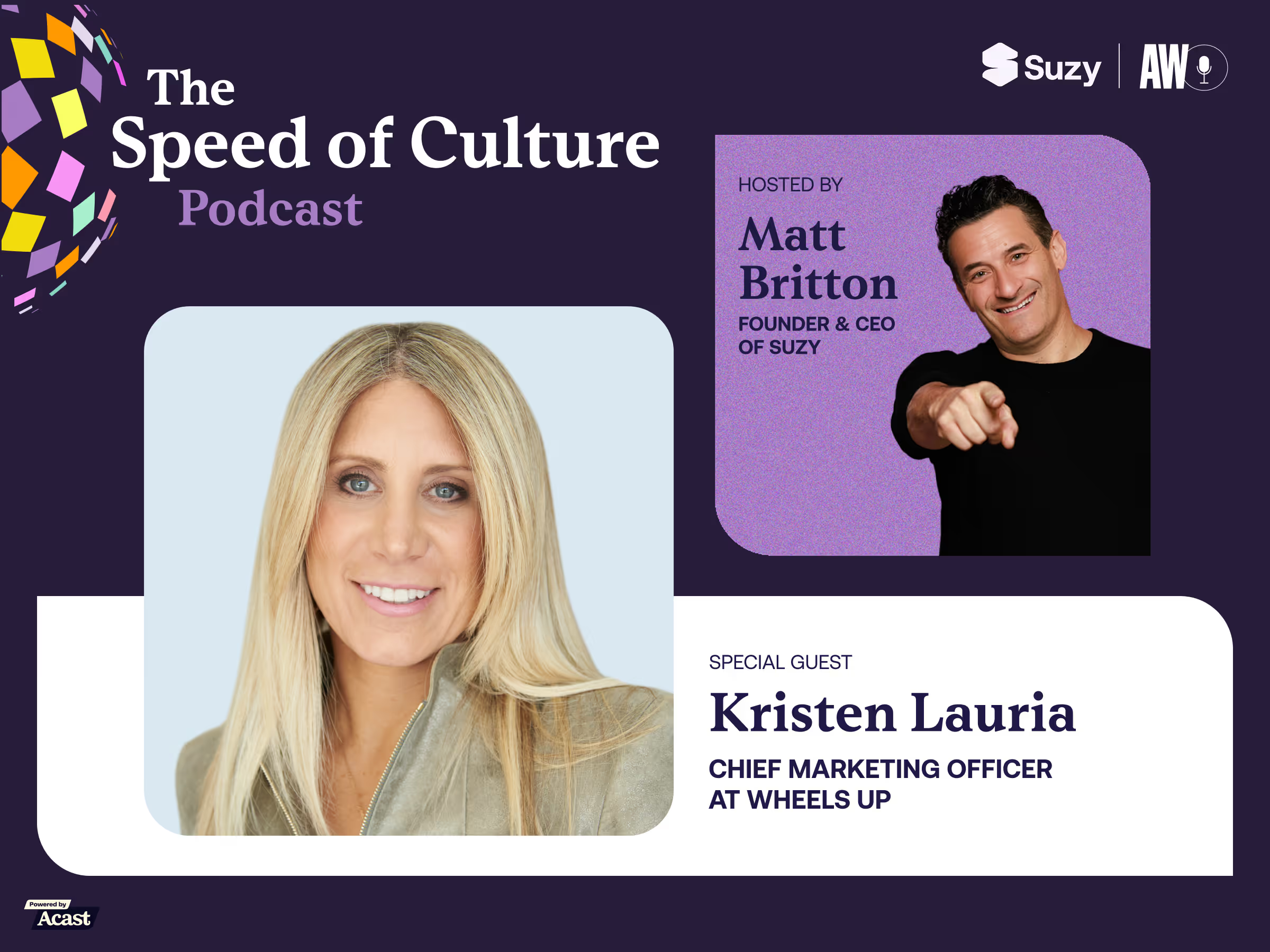
Empathy isn’t fluffy: It’s a research skill
How empathy strengthens research rigor and reduces bias, plus how AI-moderated interviews with Speaks capture the why behind the what at scale.

Deliverable strategy: How the right format drives impact
Discover how choosing the right research deliverable—from toplines to Stories—turns insights into action and drives real business impact.

Longevity scores: The Big Game’s ads change the wellness playbook
How The Big Game’s ads revealed longevity as emotional currency—and what the shift from transformation to reassurance means for brands.

Why Volkswagen Still Believes Driving Defines Freedom in an AI-Powered Mobility Era
In this episode of The Speed of Culture podcast, Matt Britton speaks with Rachael Zaluzec, Chief Marketing Officer and Senior Vice President of Customer Experience and Brand Marketing at Volkswagen of America. Rachael explains how the Volkswagen ‘Drivers Wanted’ campaign returns as a cultural statement about independence and identity. The conversation explores 2026 Automotive marketing trends, the role of AI in automotive customer experience, and how Volkswagen is blending heritage with modern technology while preparing for the future of autonomous driving Volkswagen strategy.

Listening lessons: How motherhood taught me to really hear consumers
Amy Bollman of Suzy shares how becoming a mom reshaped how she listens to consumers—and why real-time, honest insight builds stronger brands.
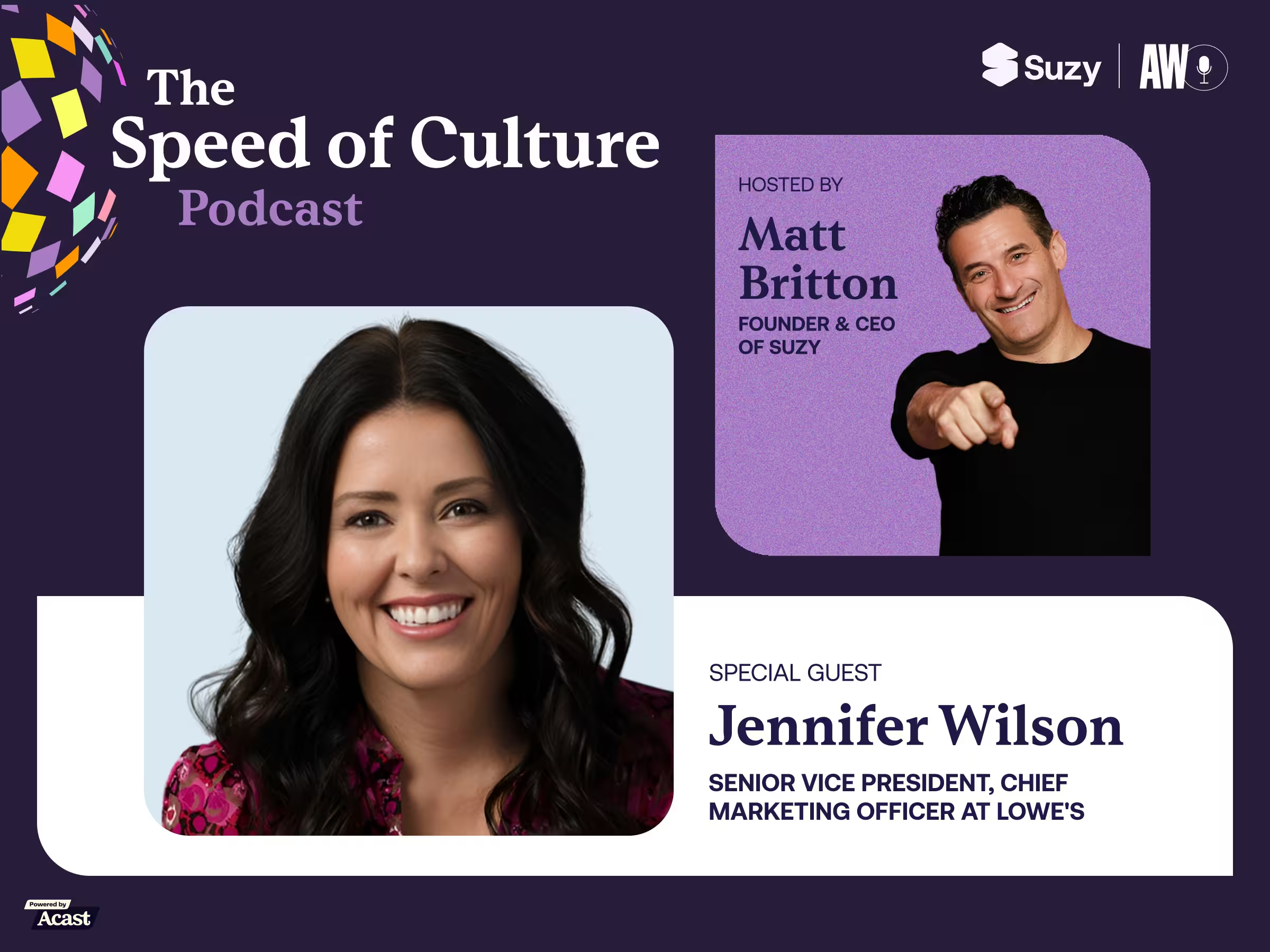
Brand building: How Lowe's is transforming into a culture-driven, AI-powered lifestyle brand
In this episode of The Speed of Culture podcast, Matt Britton sits down with Jennifer Wilson, Senior Vice President and Chief Marketing Officer at Lowe’s, to examine how one of America’s largest retailers is executing a modern marketing strategy rooted in culture, experience, and long-term relevance. Jennifer breaks down Lowe’s brand transformation, from expanding beyond traditional home improvement into lifestyle and community, to using AI in home improvement retail, scaling creator partnerships, and building a powerful retail media network. The conversation offers a clear look at how brands evolve without losing trust, and what it takes to stay relevant as consumer behavior, technology, and culture continue to shift.
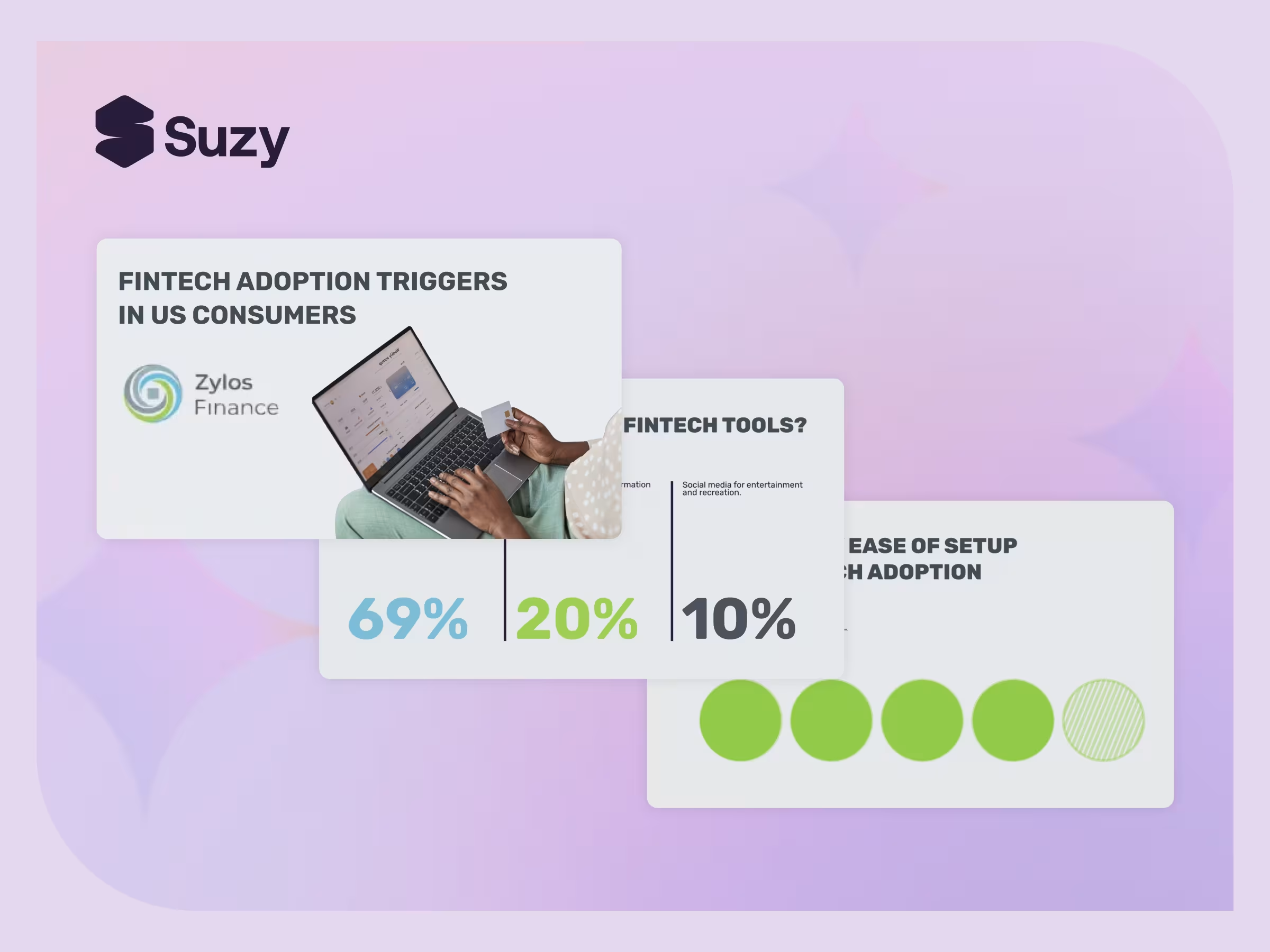
Build smarter decks, faster: Streamline and upgrade your insights workflow
Build smarter research decks faster. Learn how to streamline insight storytelling, prioritize what matters, and turn data into action with Suzy Stories.
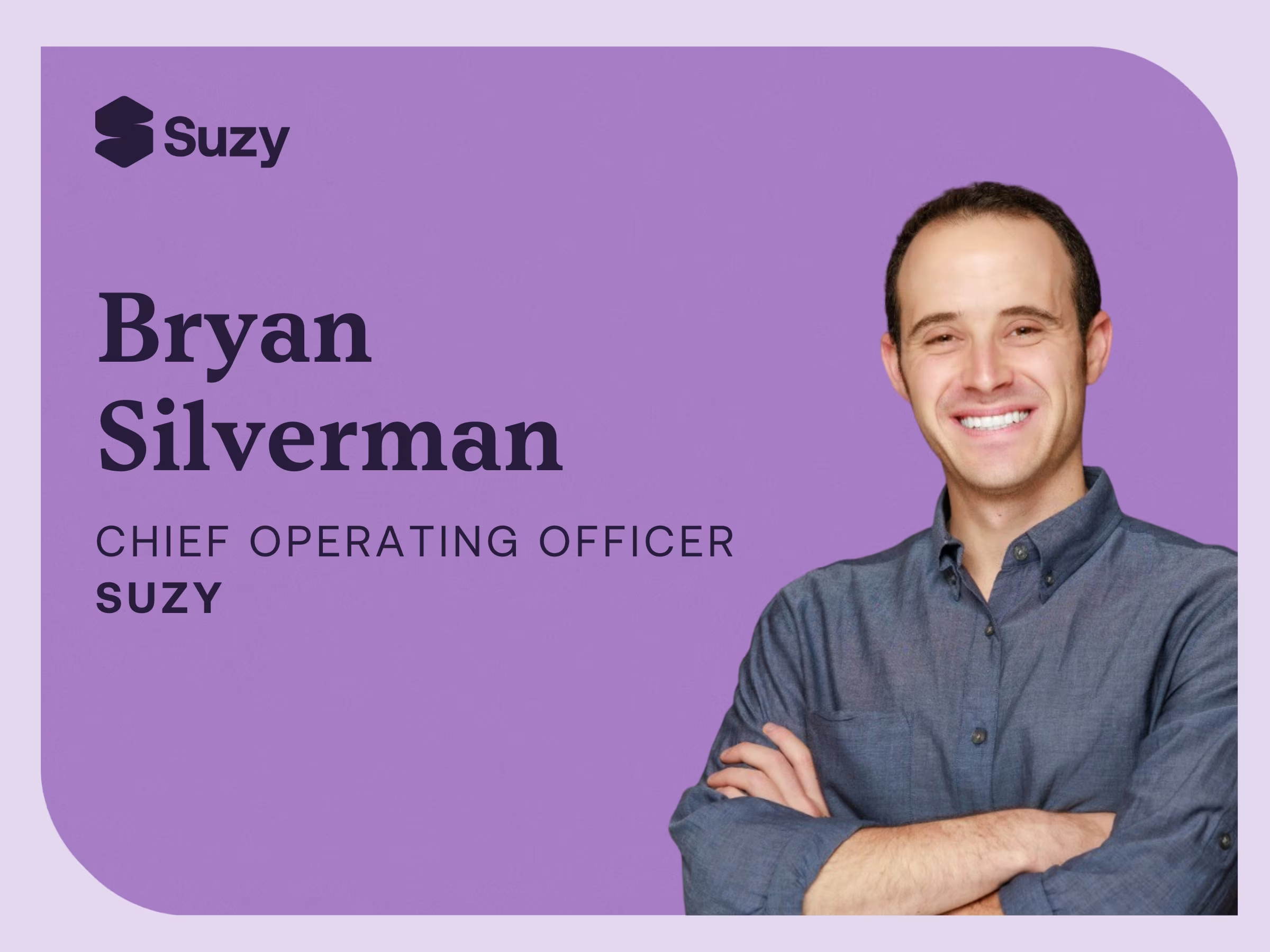
Better big bets: Why context is the missing link
Data isn’t the problem—lost context is. Discover how insight continuity helps teams move faster, align better, and make confident big bets.
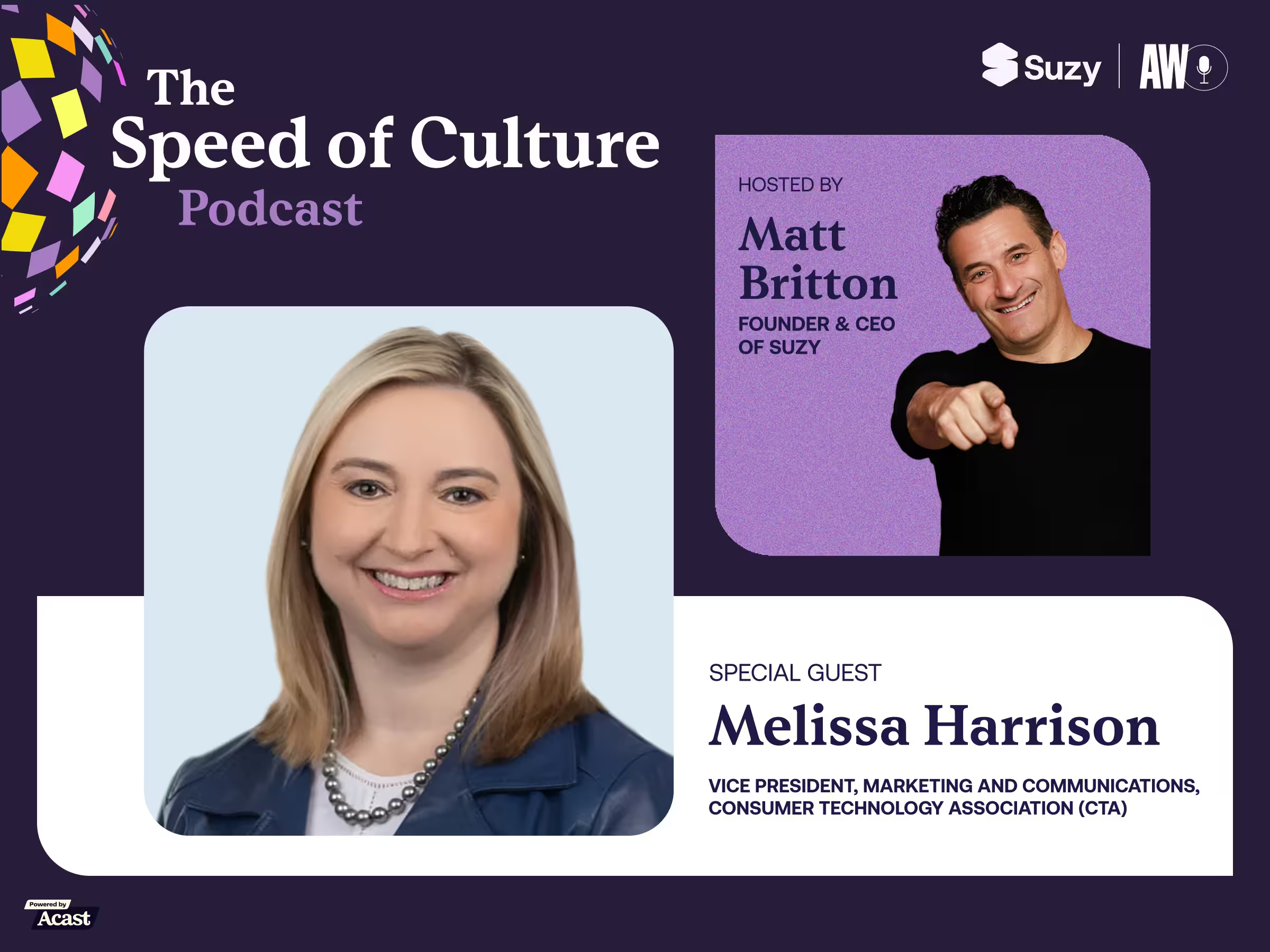
Power Circuit: How CES Fuses Tech, Culture, and Business into a Global Moment
In this episode of The Speed of Culture, Matt Britton sits down with Melissa Harrison, Vice President of Marketing and Communications at the Consumer Technology Association (CTA), live from CES 2026 in Las Vegas. Melissa breaks down how CES grew from a gadget showcase into a cross-industry business hub where enterprise innovation, media, creators, and global partnerships collide. They explore what it takes to build a 13-venue event at this scale, how CTA markets a two-sided marketplace of attendees and exhibitors, the rise of the creator economy at CES, and why AI at CES 2026 marks a turning point from theory to real-world application.
.webp)




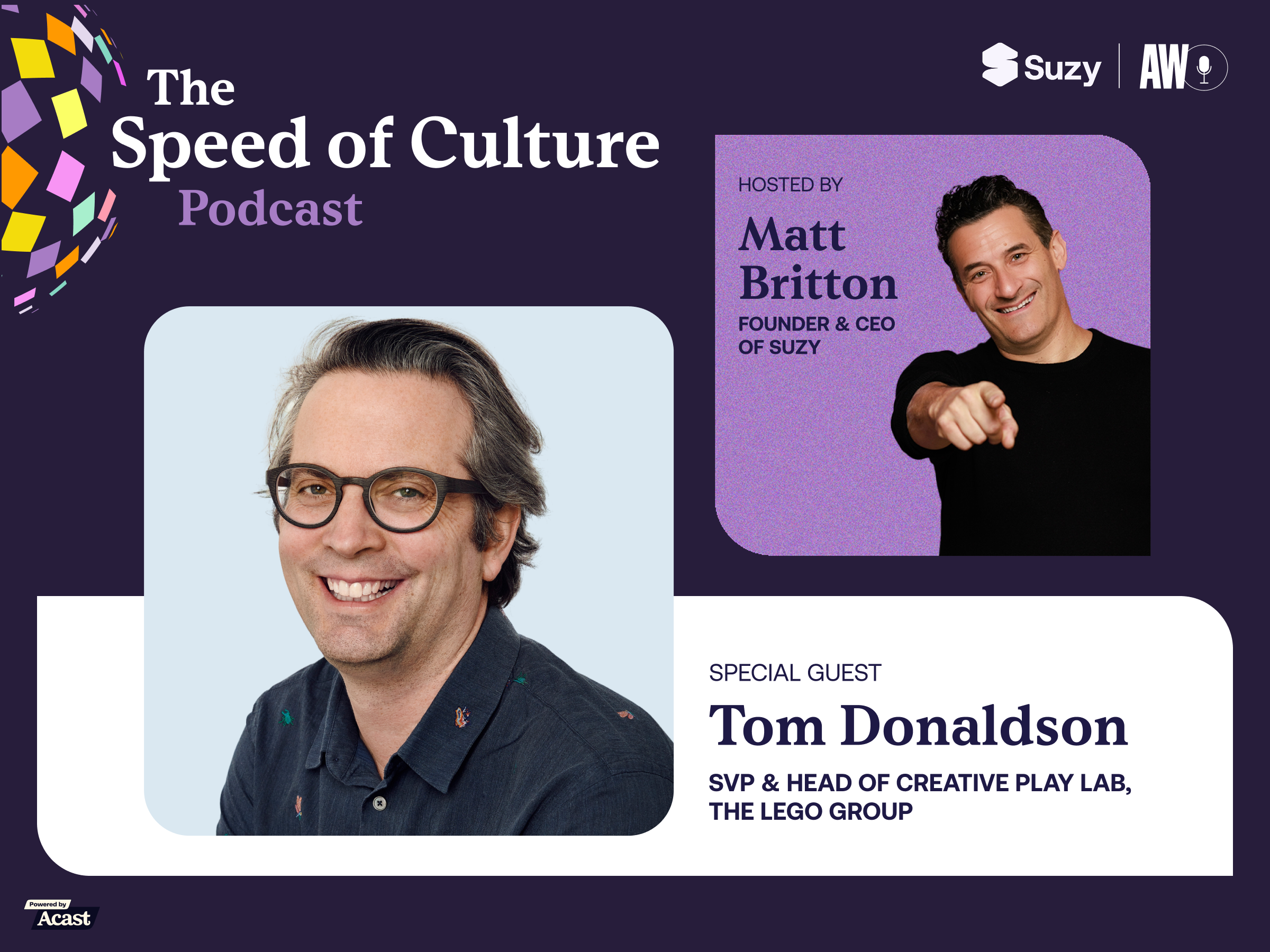


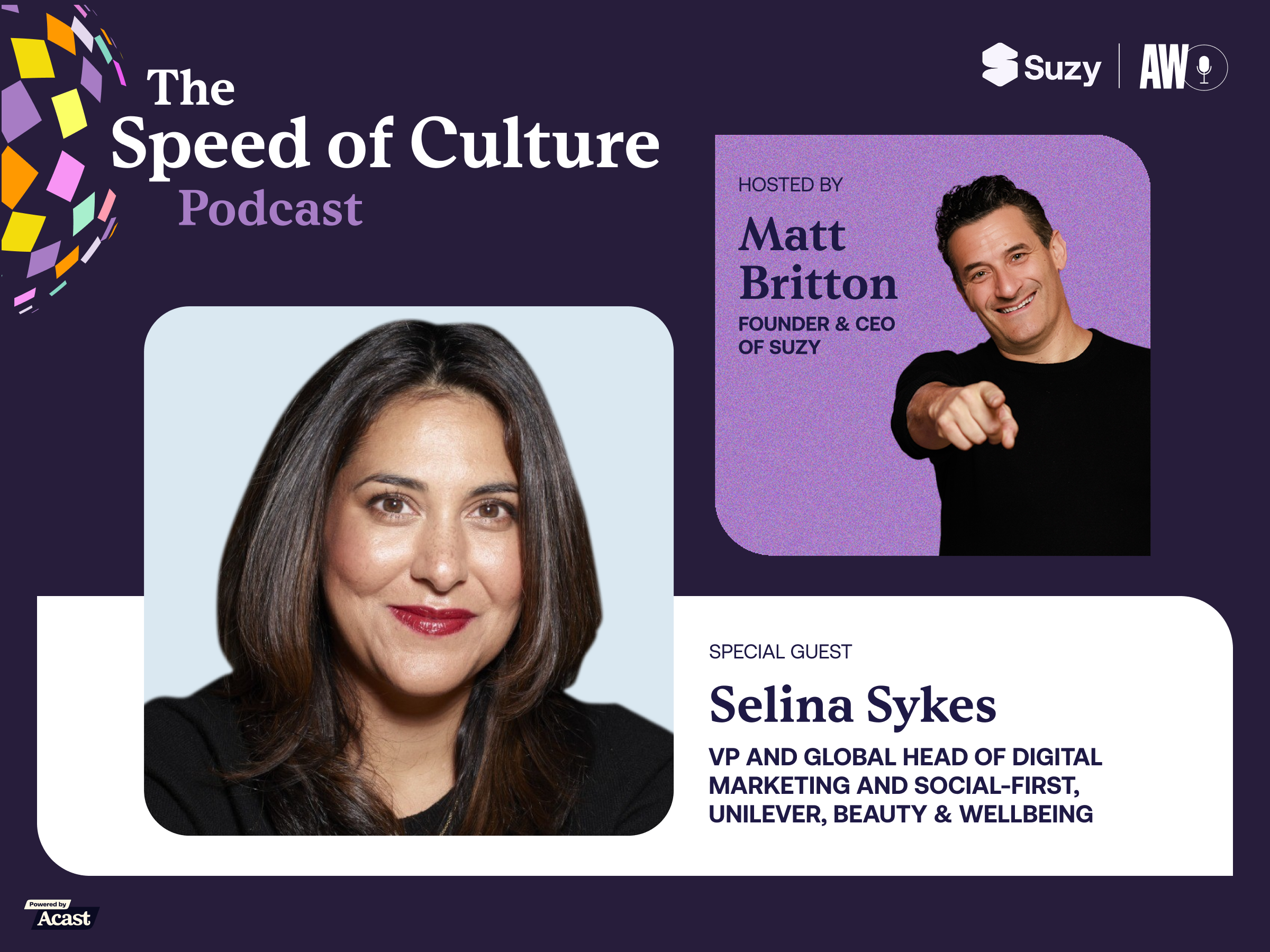
.png)
.png)
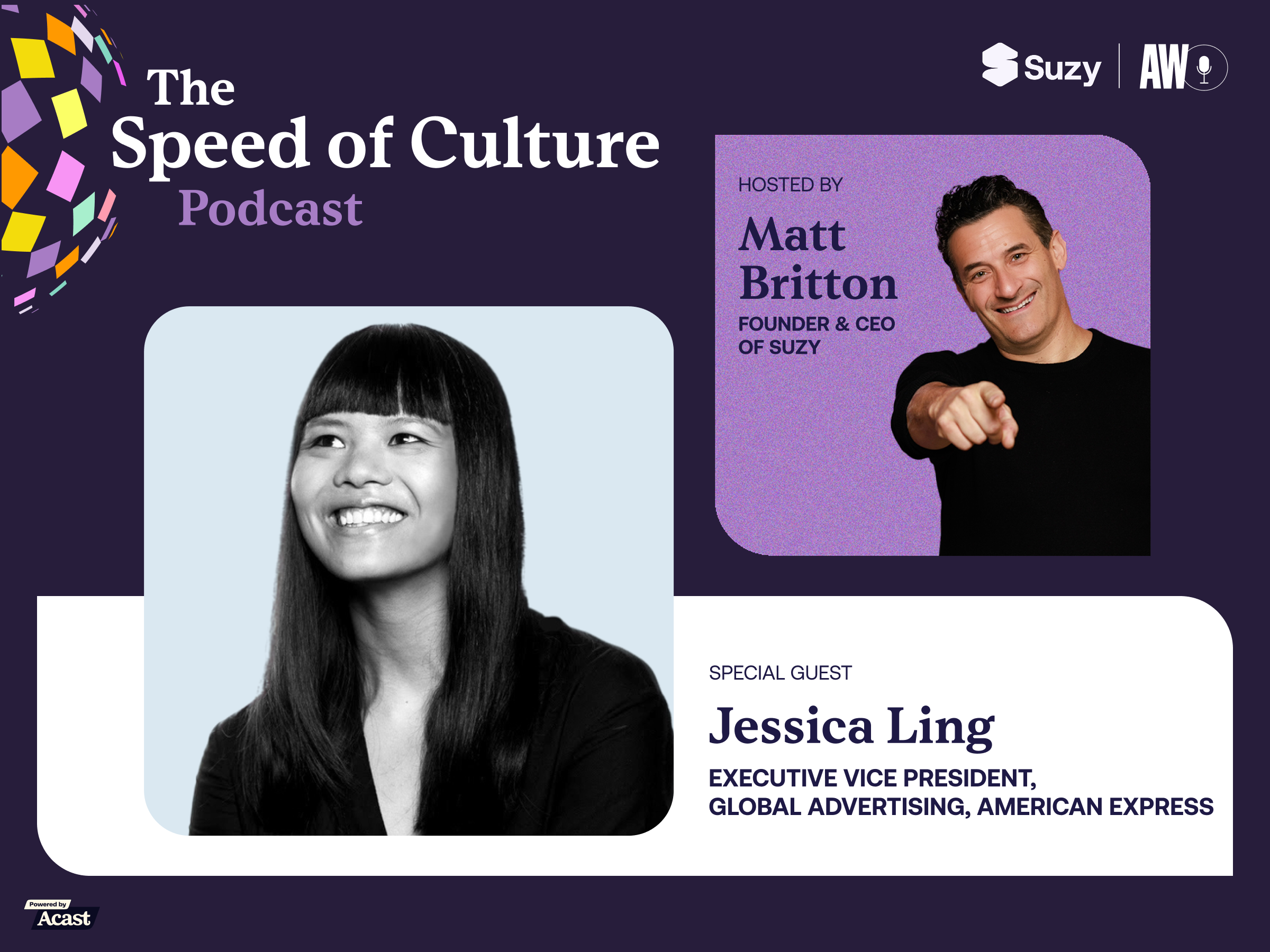




.png)

.png)

.png)


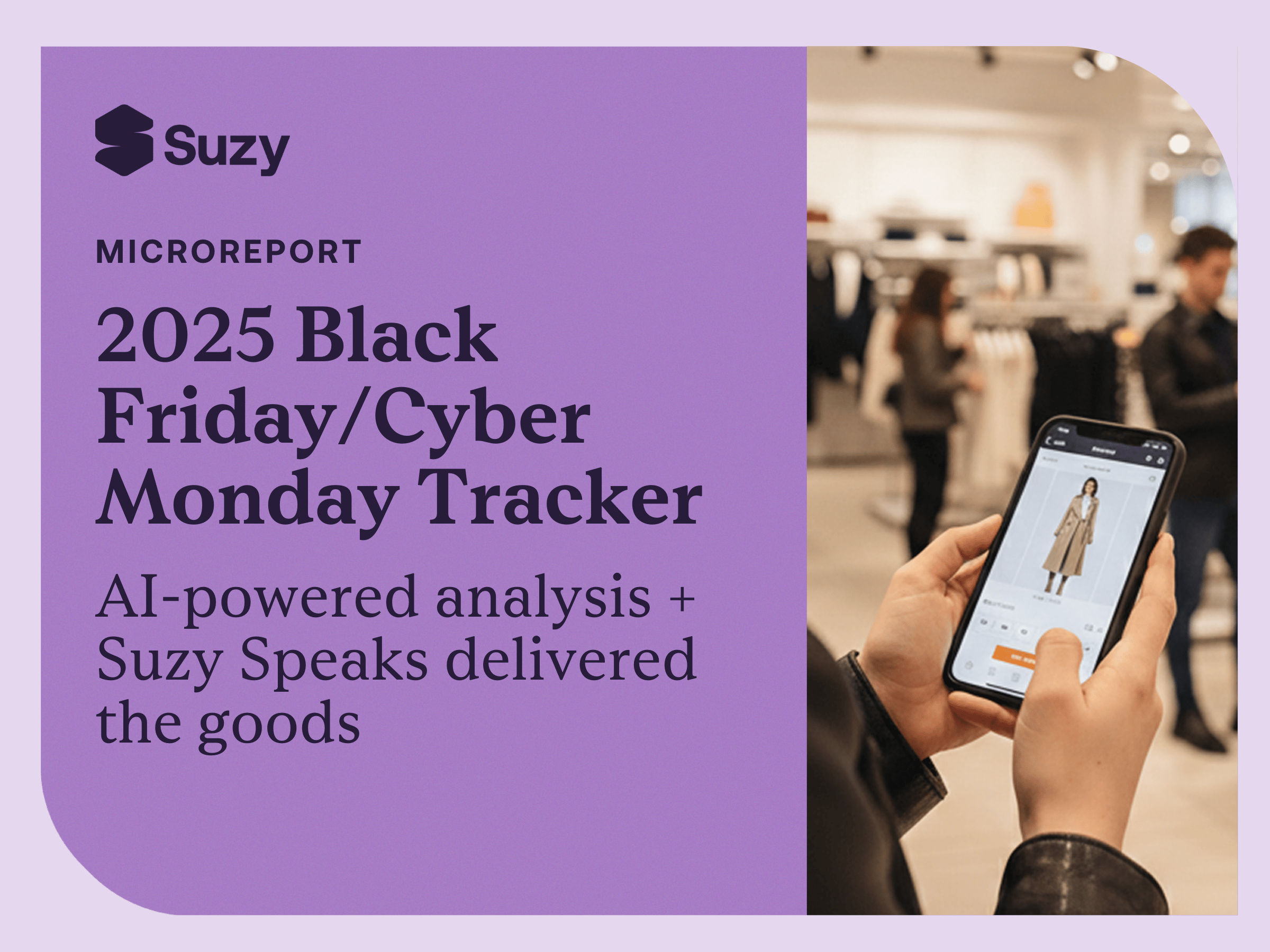

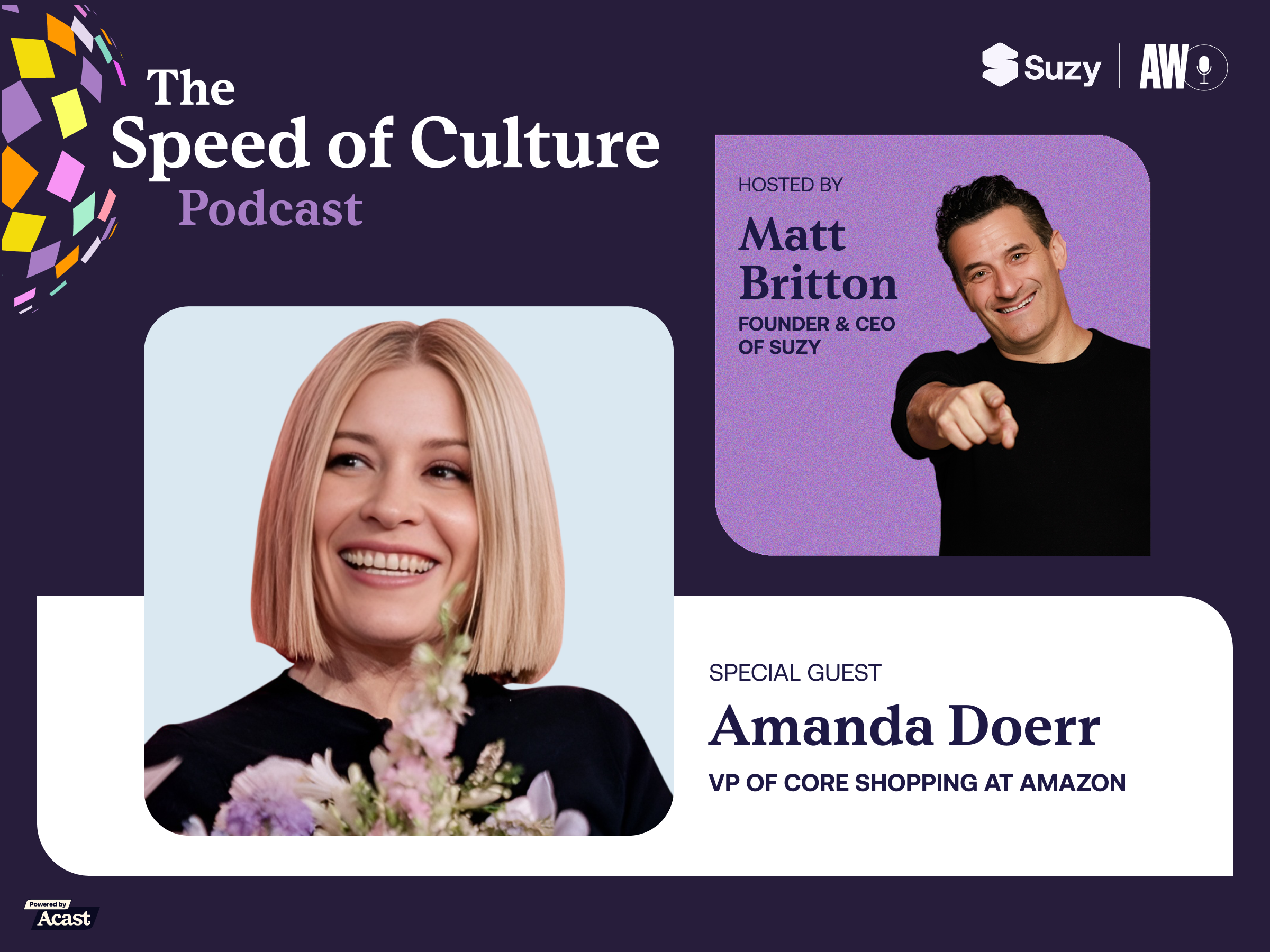




.png)





.png)
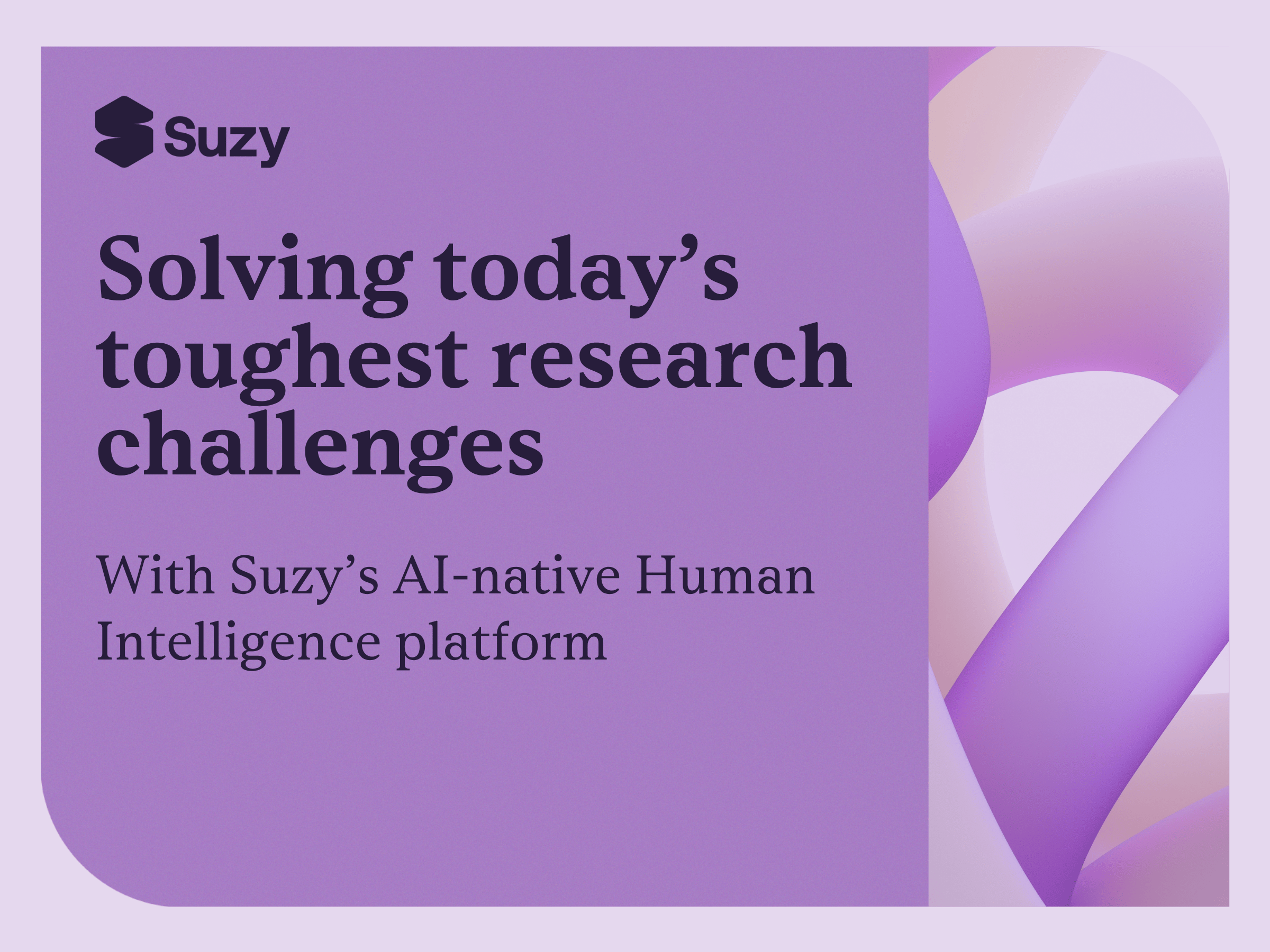

.png)




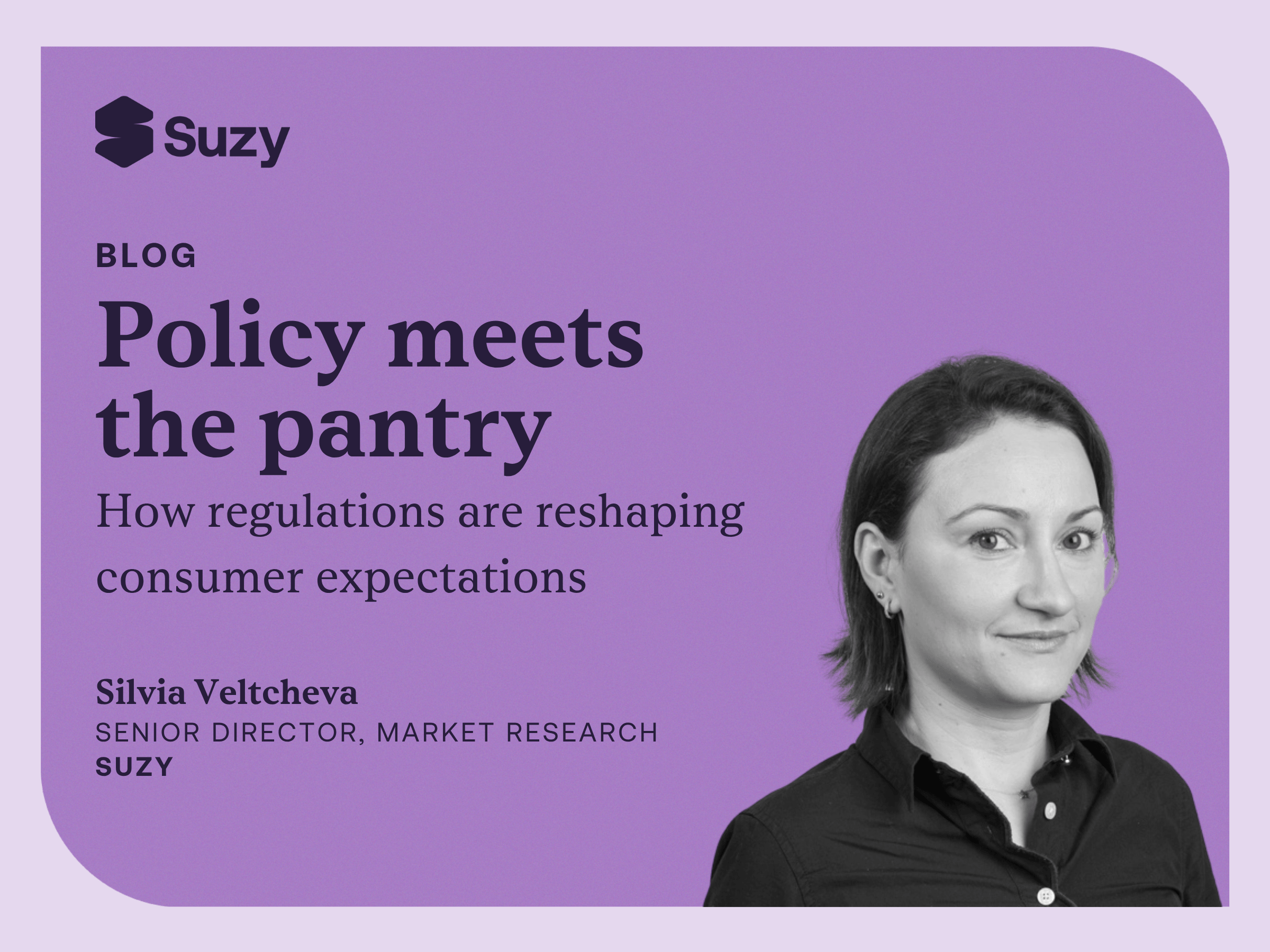

.png)


.png)




.png)
.png)
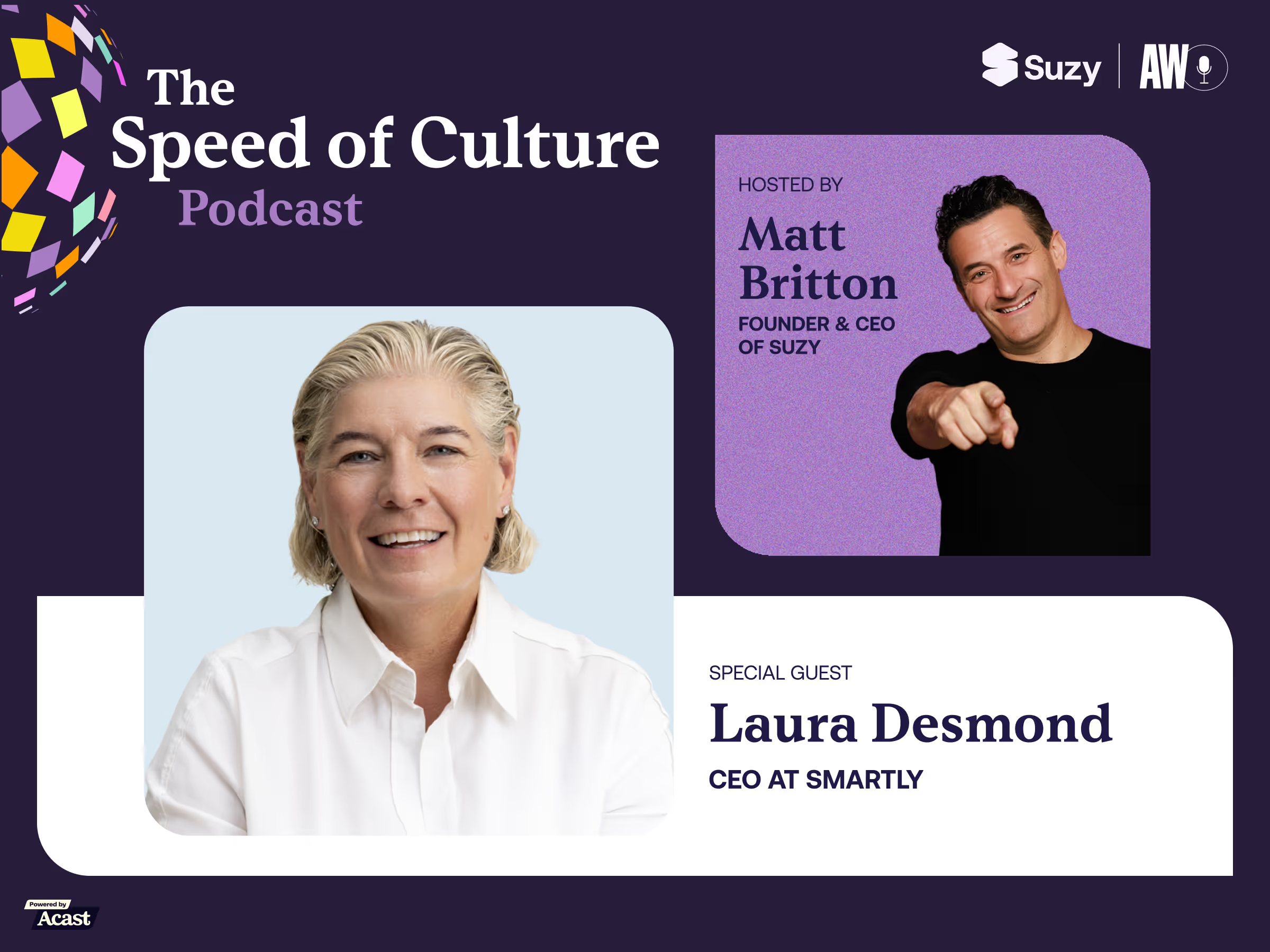
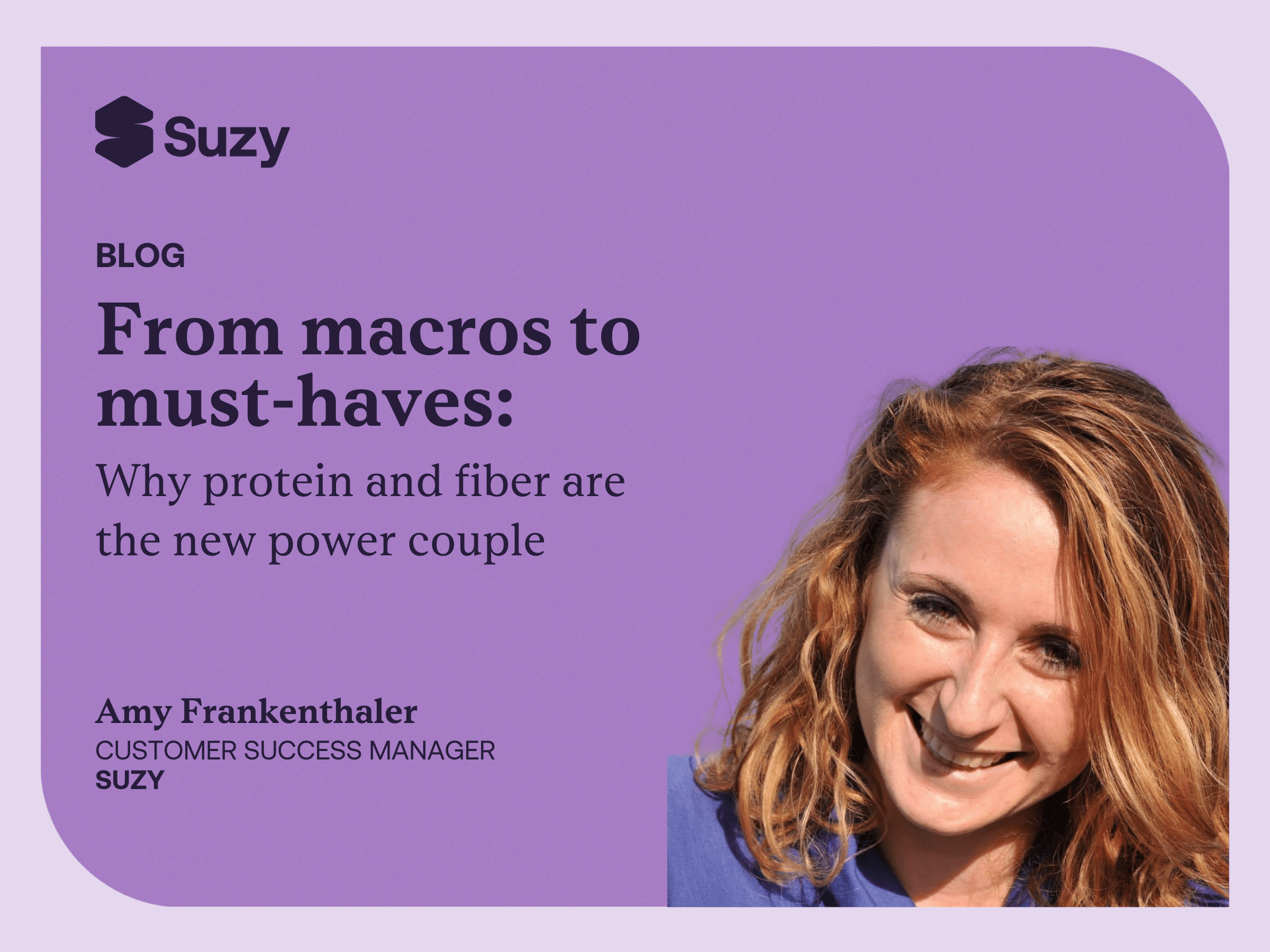

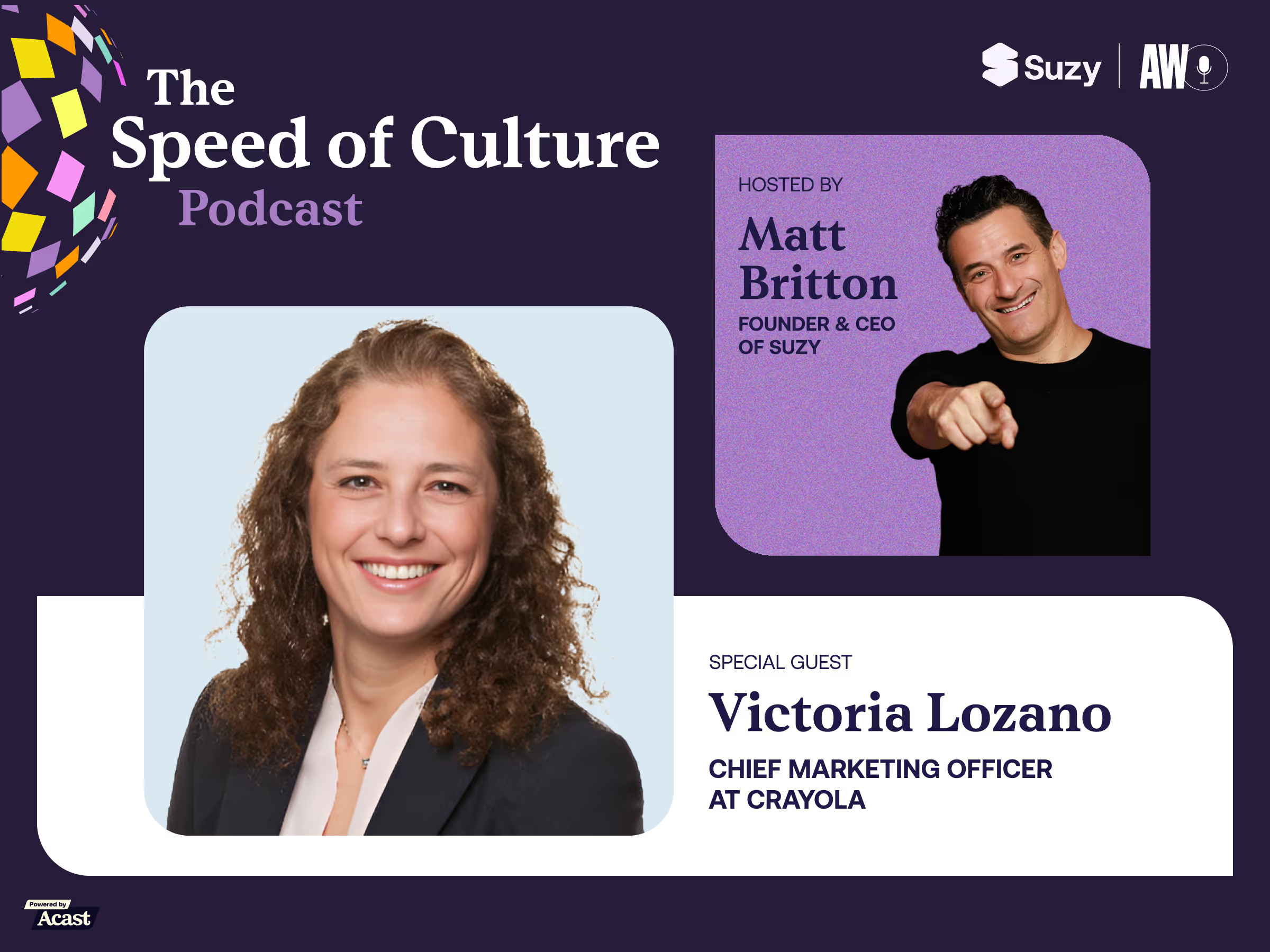

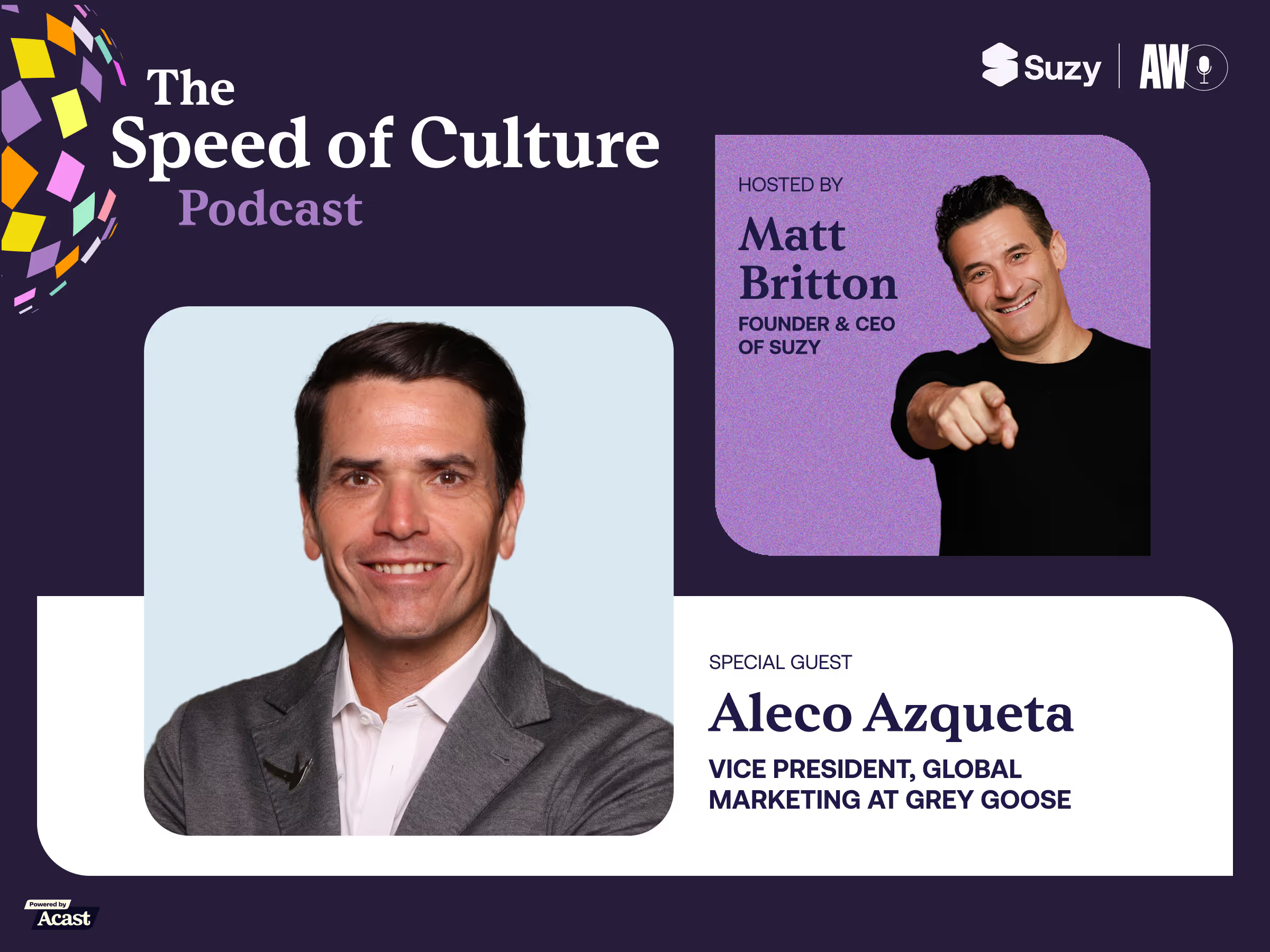
.png)
.avif)


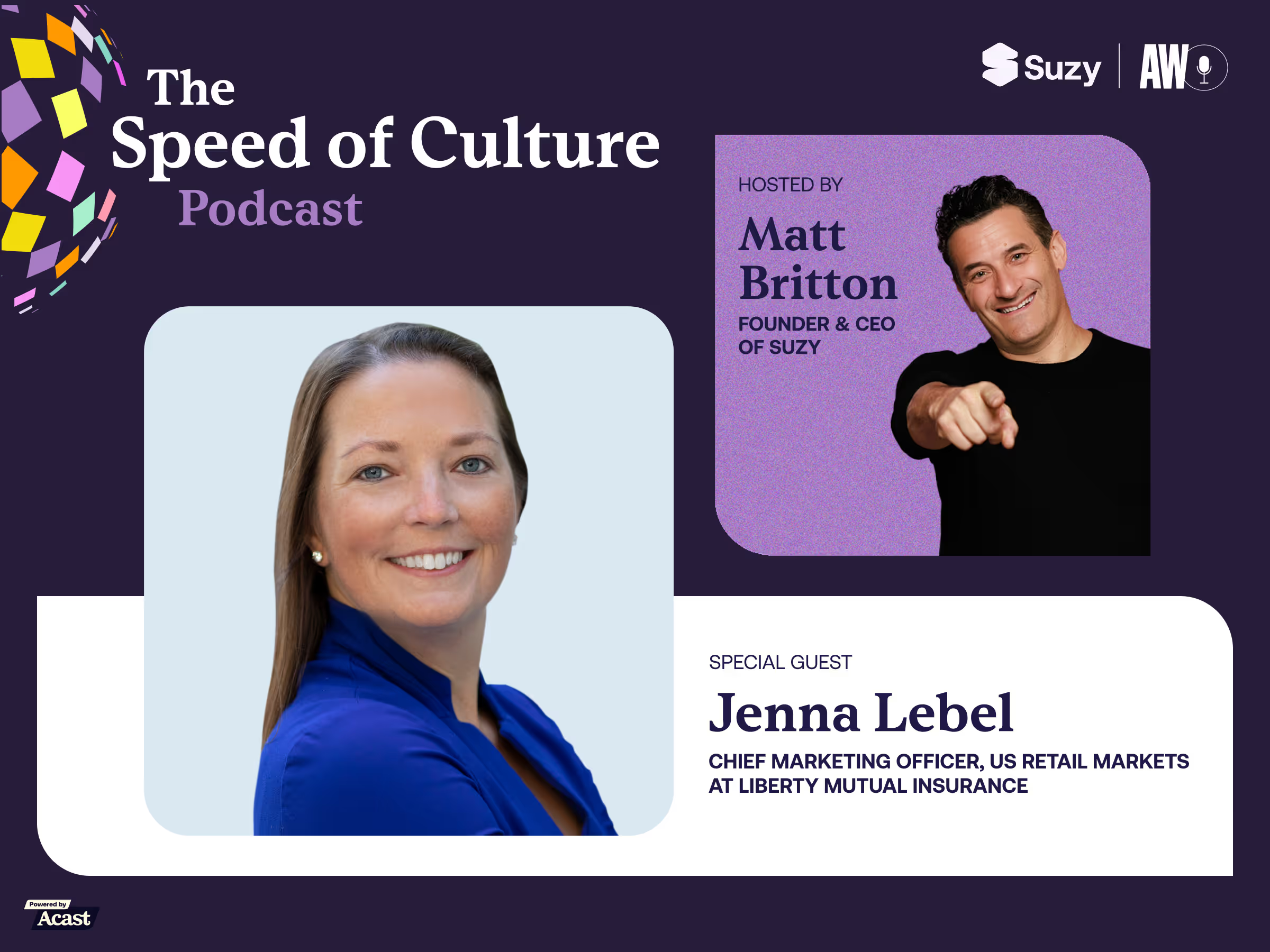
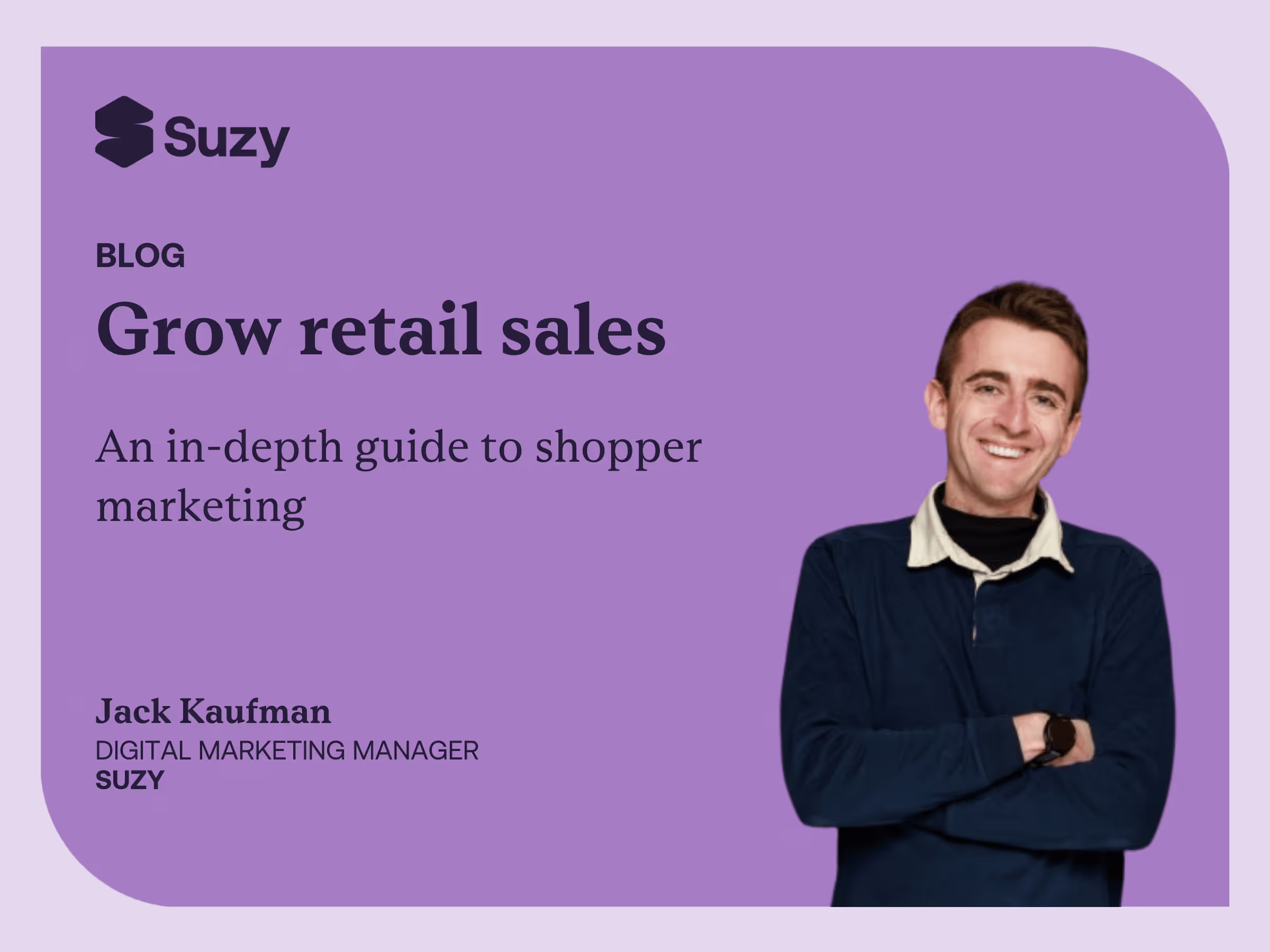

.png)
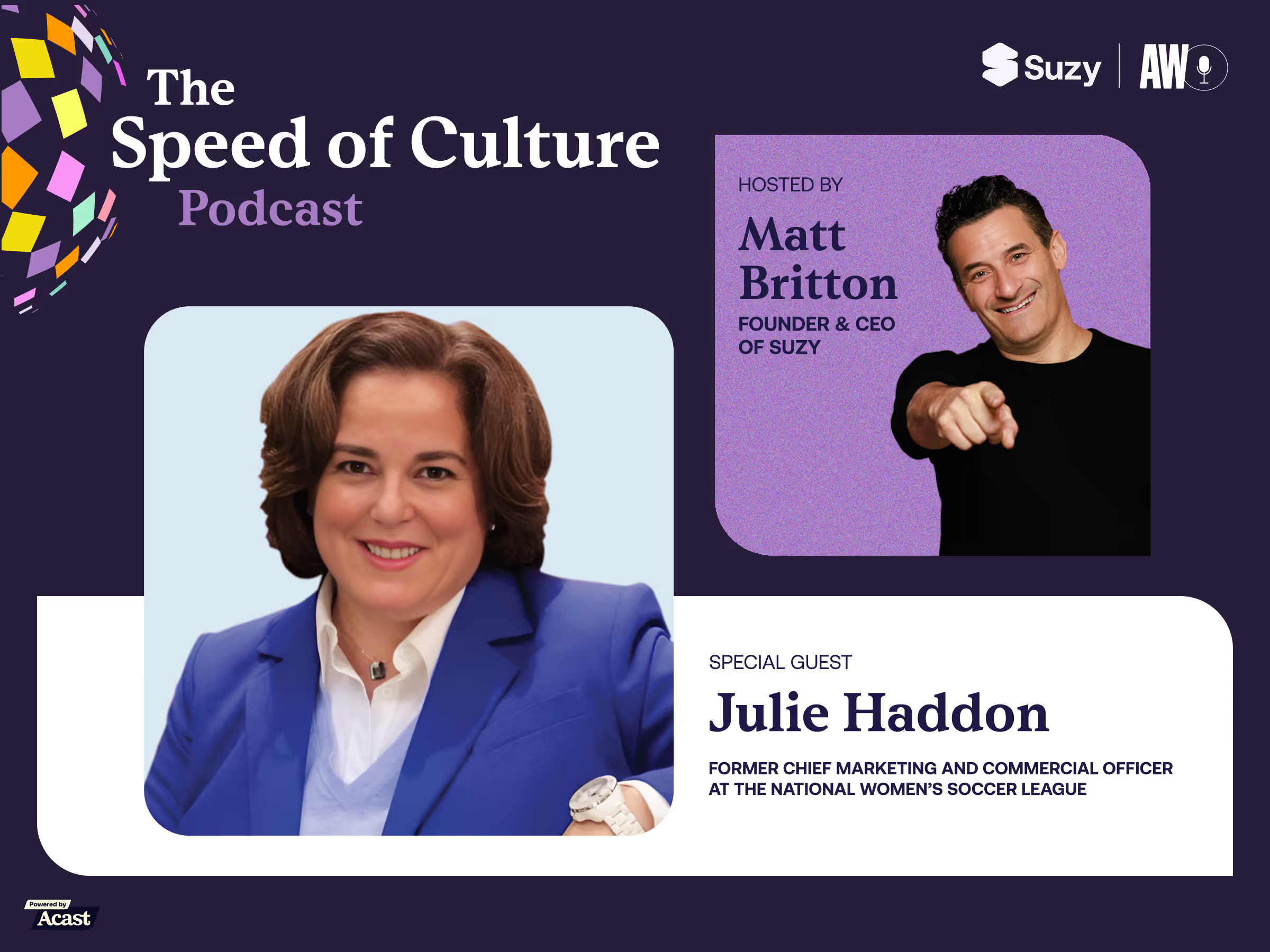

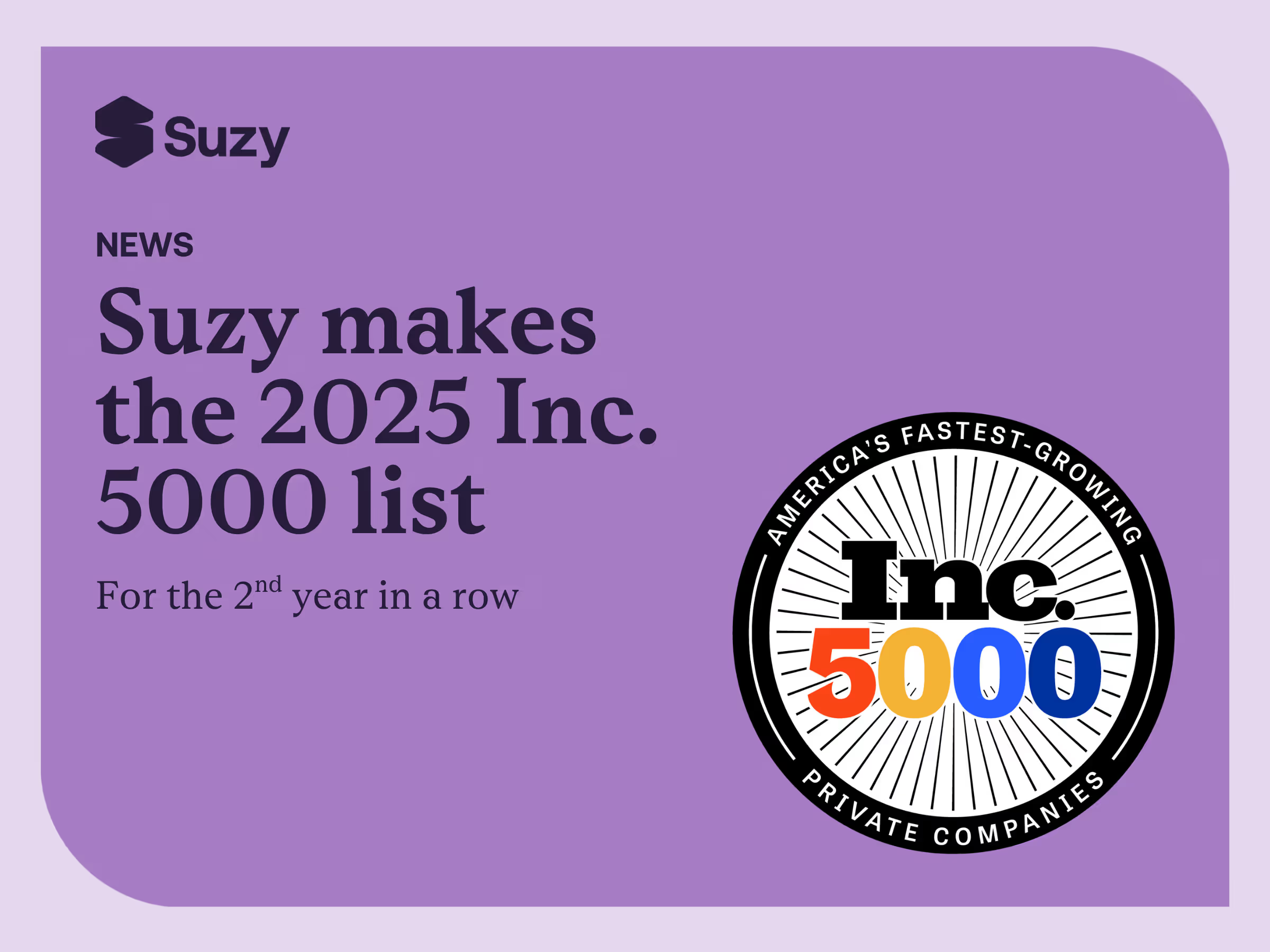
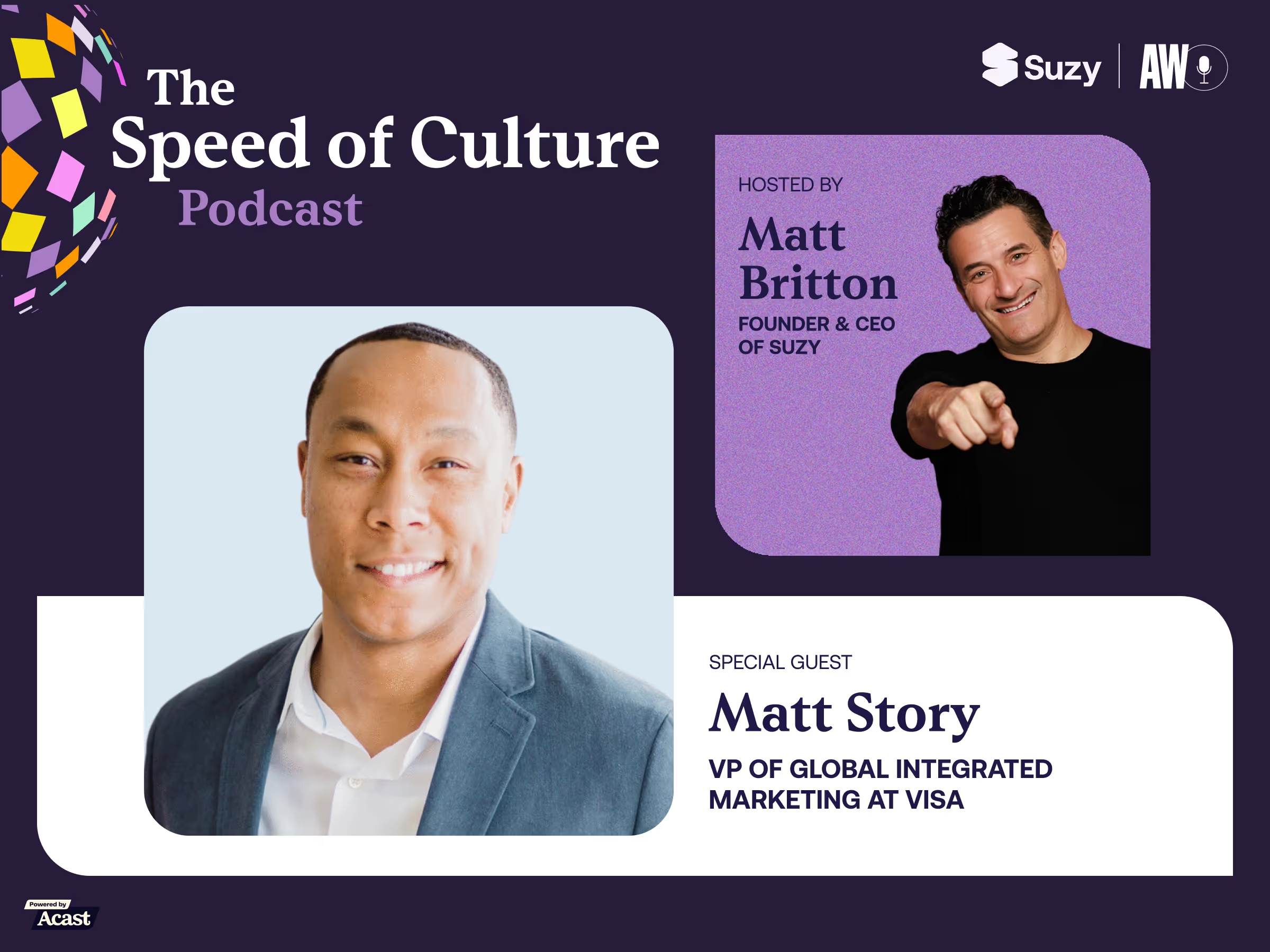


.avif)
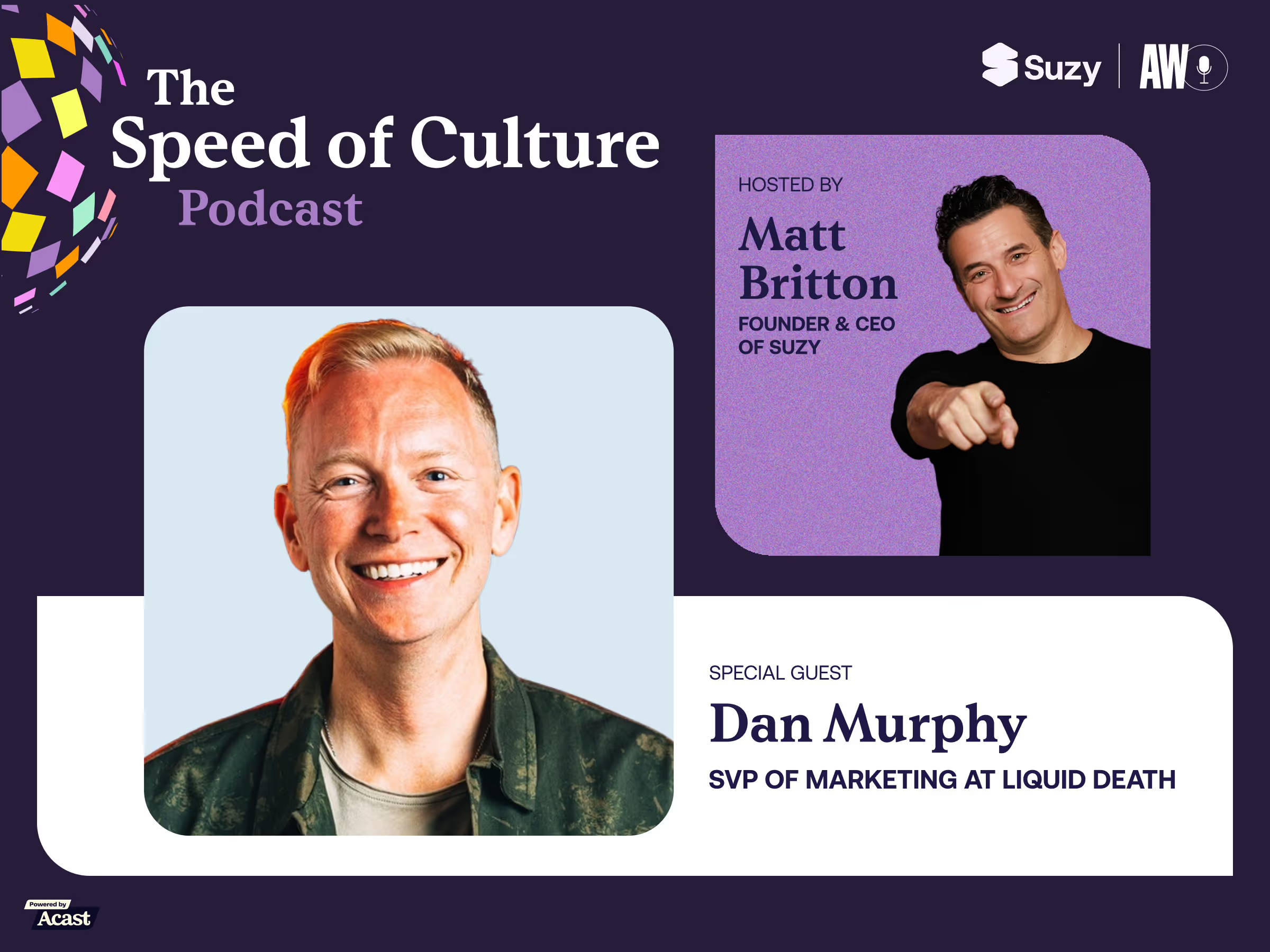
.png)
.avif)
.avif)

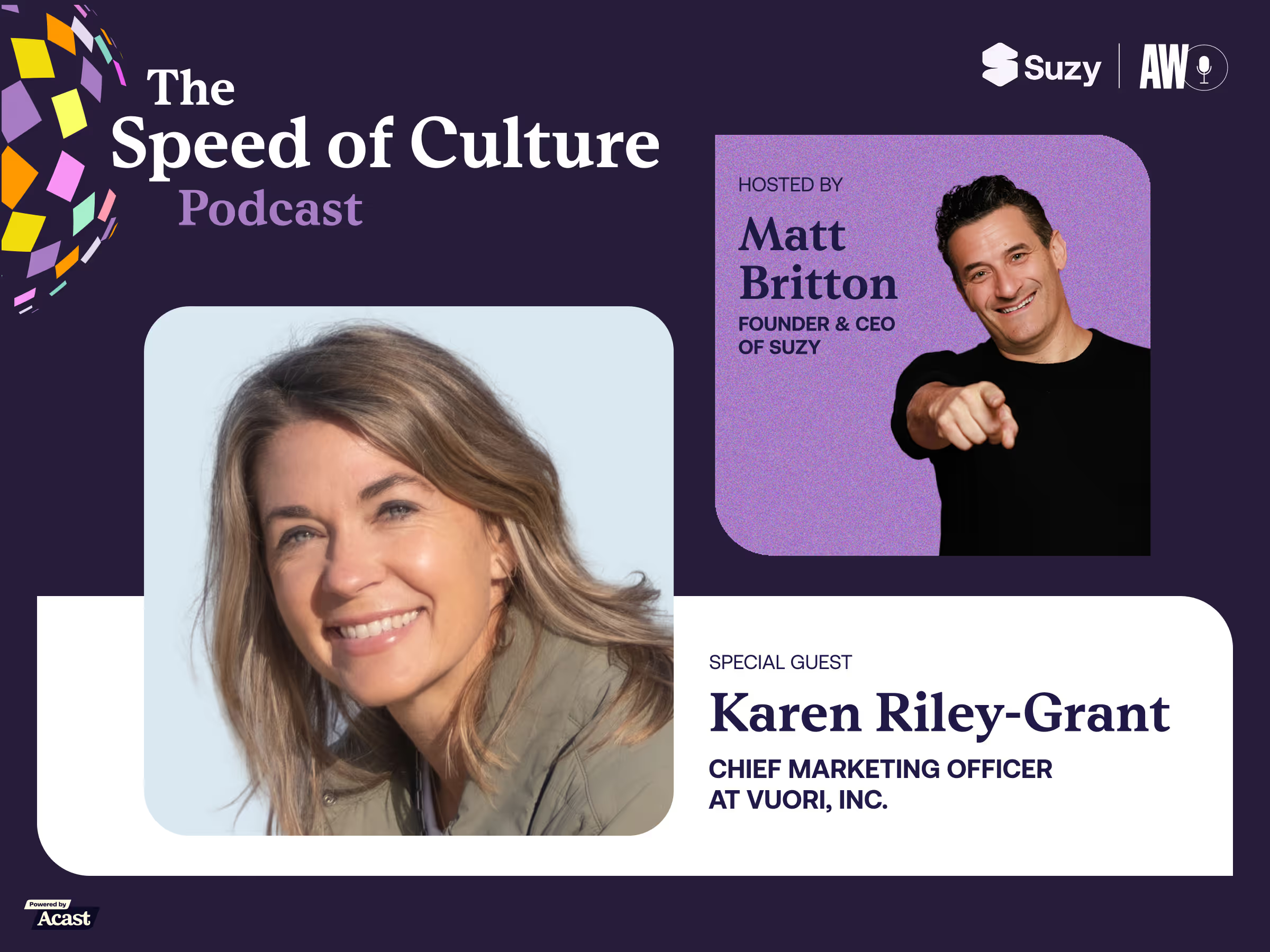
.avif)

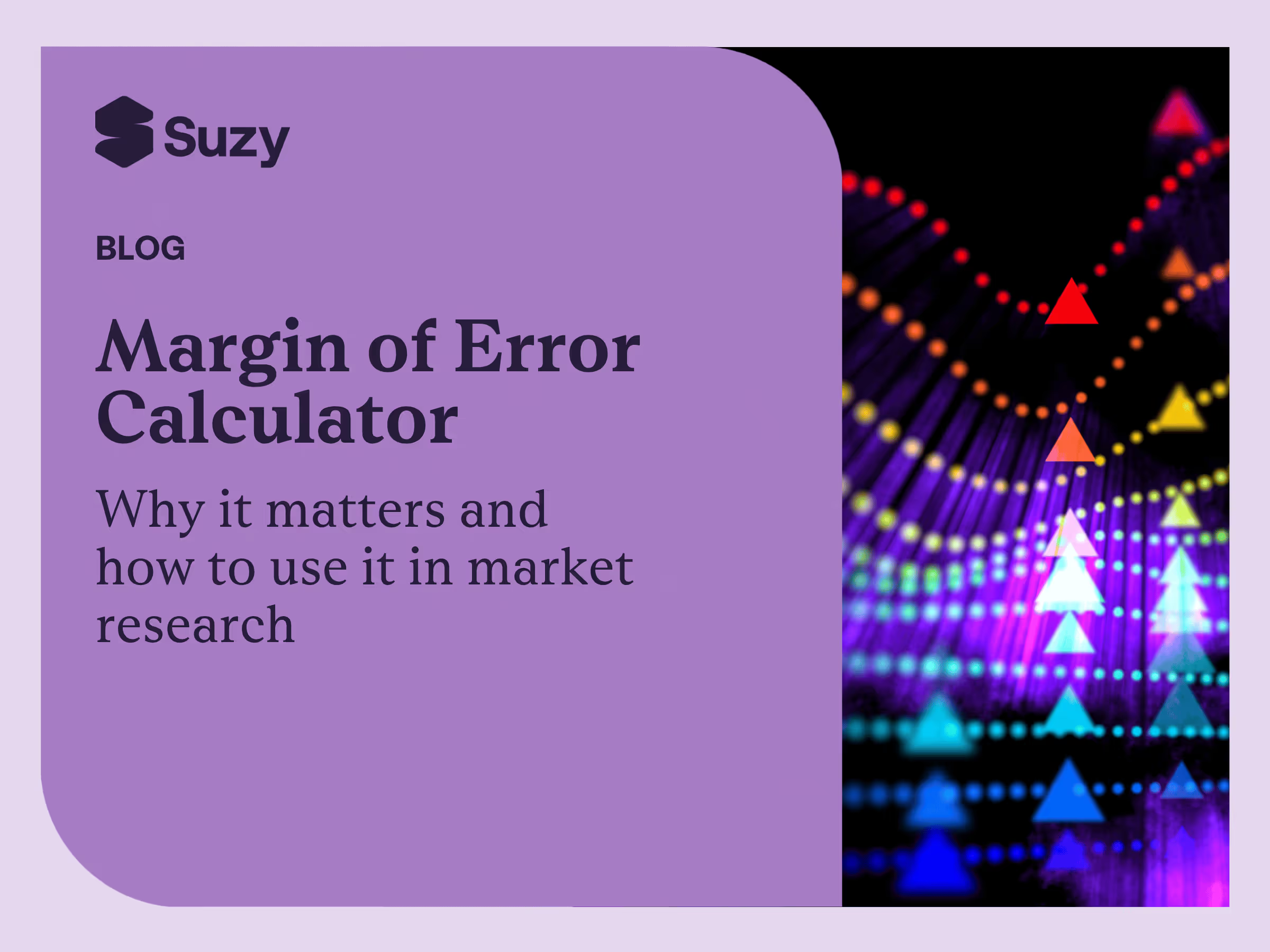

.avif)
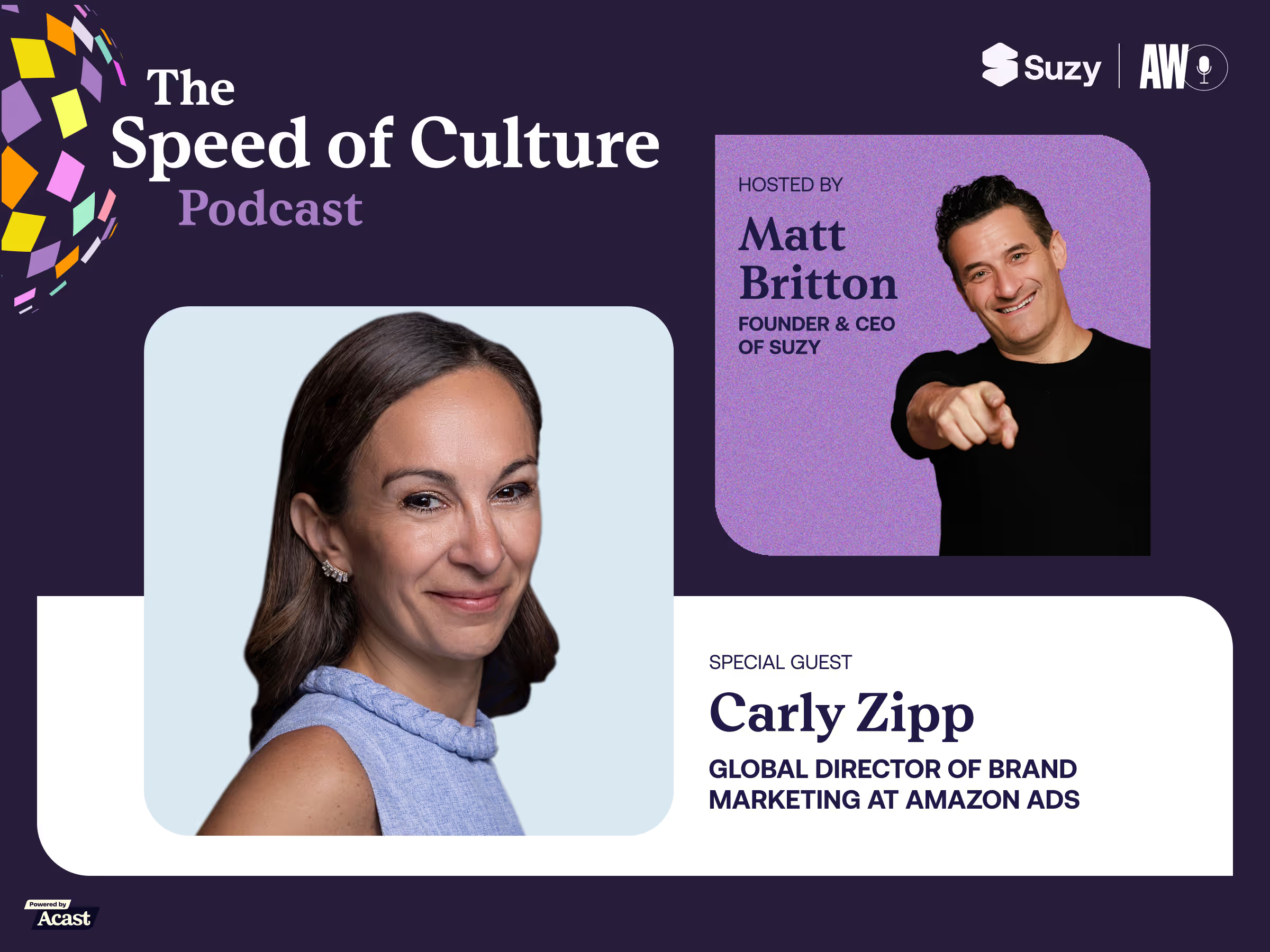
.avif)
.avif)

